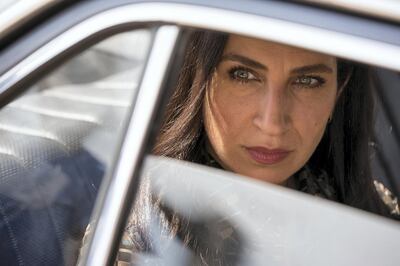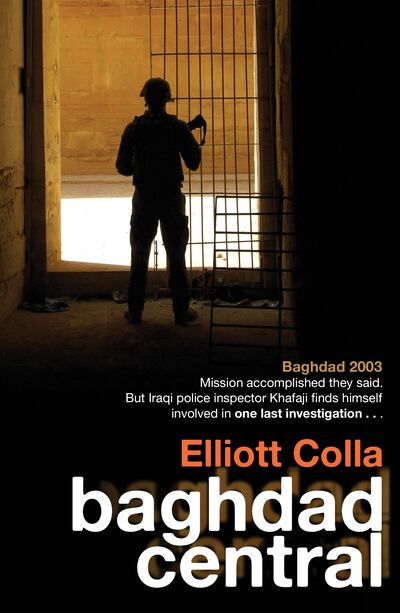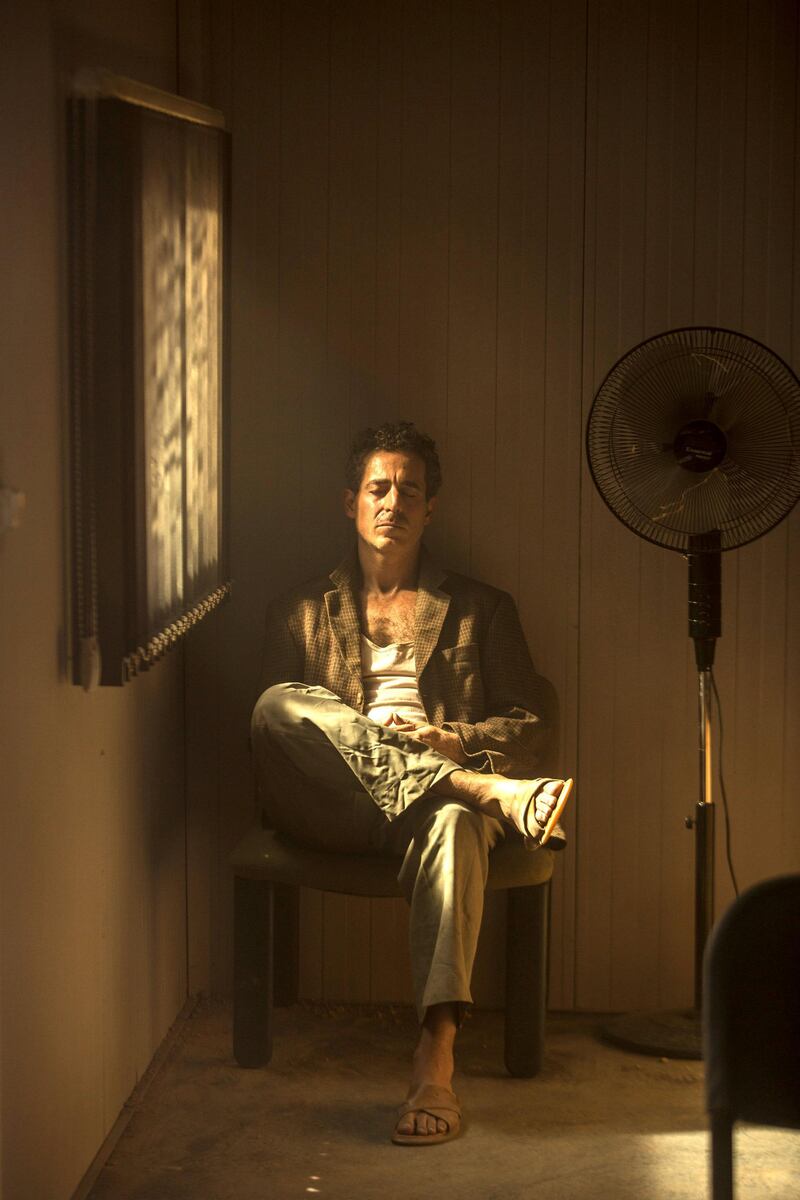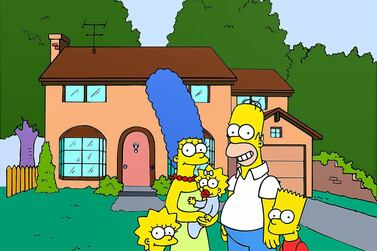In 2014 a small, independent London publisher printed Baghdad Central, the debut crime novel by Elliott Colla, about an Iraqi police inspector in Baghdad following the US-led coalition's invasion of Iraq 17 years ago. Now, Baghdad Central is getting a second wind.
A fresh, compelling and intelligent six-part TV thriller of the same name, inspired by Colla's book and featuring an all-star cast, with a great musical score to boot, is currently being shown on Channel 4 in the UK and will be streamed in the Middle East and the US. Further details on which platform will be announced in the coming months.
Written by The Last Kingdom's Stephen Butchard, whose 2007 film House of Saddam won the 2009 Grierson Award for Best Drama Documentary, it may very well be one of the first western TV fiction series that shows the Arab world from the point of view of a local hero. This was one of the main reasons Colla, an American professor and translator of Arabic literature, wrote his noir novel to begin with.
"The spark for me was when I saw [2008 film] The Hurt Locker. It has all the faults of the most thoughtful Americans; it presents Iraq as an American tragedy. I was fed up that people could not imagine what the invasion was like for Iraqis. The next day I sat down and started writing," Colla says.
His main character is Muhsin Khafaji, a brooding, poetry-loving police inspector whose daughter, Mrouj, is gravely ill, and who has lost his wife to cancer "and sanctions", Khafaji says dryly in the series. Colla created the character of Khafaji based on an amalgamation of many people, including his father-in-law, late Iraqi scholar and intellectual, Muhsin Mahdi, who edited the oldest manuscript of The Arabian Nights. But Colla admits that actor Waleed Zuaiter's incarnation of Khafaji in the series is so "amazing, it will be hard to imagine the character now as anyone other than him".

Even if the series is a very loose adaptation of Colla's novel, the team went to great lengths to respect its perspective. Executive producer Kate Harwood, of Euston Films, who bought the rights to Baghdad Central, said simply, "The point of view is Khafaji's, it's the Americans and the Brits who are 'the other'."
Harwood immediately thought of Butchard to write the series. "I knew it was an area he was interested in; he had worked on the events leading up to the 2003 invasion. He had come in on the [House of Saddam] project after lots of research. It was getting very bogged down in factual details and he got it to breathe. Coming at Iraq at a different angle was very appealing to him. He's good at writing about family and taking complex worlds and making them accessible."
Much like the extremely successful French political thriller series Le bureau des legendes (The Bureau) which revolves around complicated political issues in the greater Middle East, but is ultimately a love story, Baghdad Central is about a father's love for his daughters. In the series, Khafaji's daughter, Mrouj, needs dialysis, and his eldest daughter, Sawsan, a student who was secretly working for the Americans as a translator, has gone missing (in Colla's book Mrouj is his only daughter and Sawsan is his niece). Harwood describes Khafaji as an imperfect hero, and Colla agrees, saying, "He is deeply flawed."

In mapping out his novel, Colla says: "The noir genre seemed so perfect for morally ambiguous situations where the authorities are corrupt and the criminals and authorities are one and the same. I thought about what it meant to be a cop in a police state where there are war crimes, and then with the American sanctions and invasion."
Amid a charged political situation, in the end, Khafaji is an anxious father who makes choices to save his daughters. The character Mrouj, who is bedridden, is "part of the reason Khafaji is likeable", says Colla. "He's kind and thoughtful with her."
British actress July Namir, who plays Mrouj, has said of her character in an interview on the Channel 4 website: “She’s suffering because of the sanctions. But, funnily enough, if anything, she’s more a parent to him than he is to her. She’s wise beyond her years, selfless, very independent, at no point does her illness characterise her – she’s too strong-willed to show it.”
Harwood says the female characters in the series were brought slightly more central than in the book, and indeed, a number of them are beautifully strong roles, such as the character of professor Zubeida Rashid, who Colla says was "based on women I know, strong Arab women that we don't get to see very often in western fiction. I wanted a strong, educated and unapologetic feminist, like Naziha Al Dulaimi [an early pioneer of the Iraqi feminist movement, a doctor, and member of the Iraqi Communist Party]."
It also gives a talented group of actors such as Namir, Clara Khoury, Leem Lubany and Maisa Abd Elhadi, a chance to shine. Many are Palestinians, and even the lead actor, Zuaiter, as well as Tawfeek Barhom, are of Palestinian origin, while Namir's parents are Egyptian. Harwood brought in Iraqi-born producer and filmmaker Arij Al Soltan to work on Baghdad Central, and because she had experienced the US invasion and occupation, she provided invaluable insight, as did Iraqi speech coach Abbas Abdulghani. In the series the cast speak Arabic and English and the decision to have Khafaji speak English with his family works, giving viewers a sense of intimacy, while interactions in the city are in Arabic. Baghdad Central was filmed in Morocco, where it was a matter of "putting the river in and taking the mountains out," says Harwood.
With anti-government protests continuing in Iraq, and the country still living through the devastating consequences of the US invasion, Baghdad Central is not only timely, but an excellent reminder that on the ground, ordinary people with families are struggling to lead their lives.






